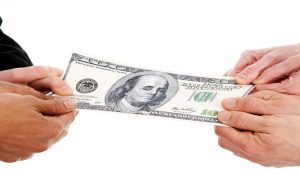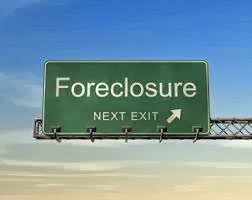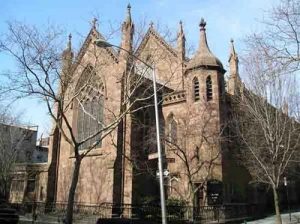 Prior blog posts have discussed the concept of surplus monies in foreclosure proceedings. To summarize, when a foreclosed property is sold at public auction, it is possible that the highest winning bid may exceed the sum owed to the entity foreclosing on the property. For example, an individual defaults on his mortgage, and the Referee determines that the amount due to the mortgage holder is $300,000.00. The property is sold at a foreclosure sale, and a third party bids and pays $350,000.00 for the property. In that situation, the foreclosing lender would be paid the first $300,000.00. But who is legally entitled to the remaining $50,000.00?
Prior blog posts have discussed the concept of surplus monies in foreclosure proceedings. To summarize, when a foreclosed property is sold at public auction, it is possible that the highest winning bid may exceed the sum owed to the entity foreclosing on the property. For example, an individual defaults on his mortgage, and the Referee determines that the amount due to the mortgage holder is $300,000.00. The property is sold at a foreclosure sale, and a third party bids and pays $350,000.00 for the property. In that situation, the foreclosing lender would be paid the first $300,000.00. But who is legally entitled to the remaining $50,000.00?
A recent case from the New York Appellate Division, Second Department helps answer this question. In that action, a homeowner on Staten Island failed to pay his taxes, resulting in a tax lien being filed against his property. As is often the case, the tax lien was sold to a third party, who brought a foreclosure action to sell the property at public auction in order to satisfy the tax lien. When the property was sold at public auction in 2000, it resulted in a surplus of $42,986.00. That is, the winning bid at the foreclosure auction exceeded the amount of the tax lien (plus costs, penalties, and interest) by $42,986.00.
The Appellate Division had to determine which of two claimants was entitled to this surplus money. The first claimant was the original homeowner. The other claimant was a mortgage holder on the property, the New York City Department of Housing Preservation and Development (HPD). HPD held a first mortgage on the property securing a fifteen year loan in the sum of $56,250. The homeowner defaulted on the HPD mortgage in April, 1997. HPD claimed that, as of 2017, the homeowner owed it $148,096.30 (the unpaid balance of the mortgage, plus interest), and sought to claim the surplus funds to partially satisfy this debt.
 New York Real Estate Lawyers Blog
New York Real Estate Lawyers Blog











